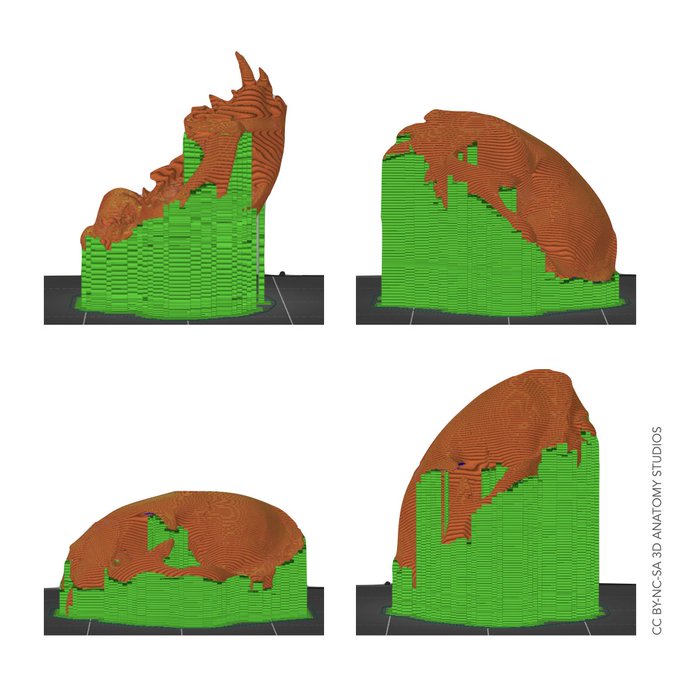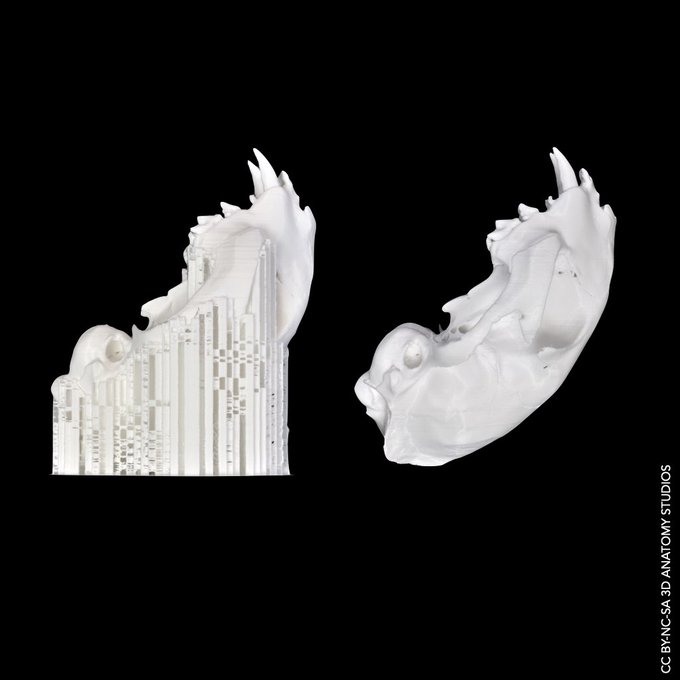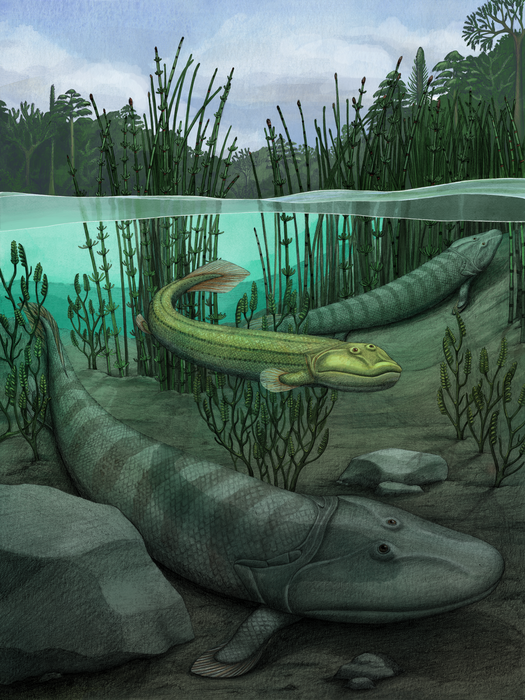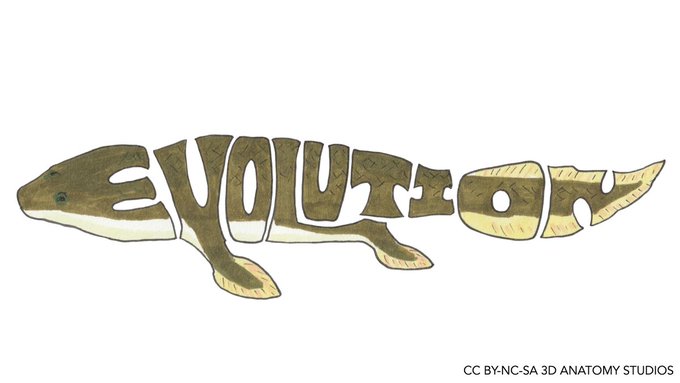ICYMI: @KateTRINAJSTIC et al. describe the earliest known heart of a jawed vertebrate, giving us a clue about how our own heart evolved! https://t.co/9dd0EPWh7c #FossilFriday #ScieNews
Choosing part orientation for #3dprinting can be tricky. A few general tips!
Orient the part so that supports...
(1) won't break fragile parts when removed
(2) won't leave artifacts where surface smoothness matters
(3) are easy to remove
(4) stabilize the part during printing
The Permian ray-finned fish #Brachydegma is long-known, but new data from CT scans gave paleo nerds a better idea of its affinities and suspensorium* anatomy this week, e.g. showing a joint b/w the articular and symplectic. #FossilFriday #SciNews
ICYMI: The new fish relative #Qikiqtania debuted this week, and despite being cousin to tetrapods, was thoroughly aquatic. You could say it was a bit of a backslider. https://t.co/PWsckCtJv0
🎨by @AlexBoersma_Art #FossilFriday #SciNews
A new study by a China/UK/US group looks at animal traces (ichnofossils) on seafloors to see look at recovery after Earth's largest mass extinction: https://t.co/tTuiuoQsVu #OpenAcess #SciNews #FossilFriday
Meet Strophodus rebecae, a new shark from the Cretaceous of Colombia. Although so far only teeth have been found, they're distinctive enough to place in the extinct family †Hybodontidae. https://t.co/M0NDDqIw4P #SciNews #FossilFriday 🎨 by Jorge Blanco
Worth checking out just for the scans of the skulls of long-extinct crocodile relatives (many of which didn't work nearly as hard for the same bite force). Congrats to @kalebsellers and other authors!
This thin but dense outer layer is tessellated prismatic cartilage, composed of small blocks (tesserae) of calcified cartilage. This calcification gives the cartilage much of its strength and makes it more radiodense (dense to X-rays). (2/4)
#sharks #CTscanning #microCT #anatomy
This is the CT-scanned skull of #Navajosphenodon sani, a 190 million-year-old tuatara relative from Arizona, USA. It shows that many tuatara features were already present at a time when dinosaurs were just hitting their stride. #FossilFriday #SciNews
Tiktaalik spells evolution by @TimDrawsFish
Tiktaalik, a 375-million-year-old fossil, represents the transition of our fishy ancestors into land-dwelling tetrapods. More on #Tiktaalik here: https://t.co/VaFQg9EaFr
#Evolution #WordArt #SciArt












